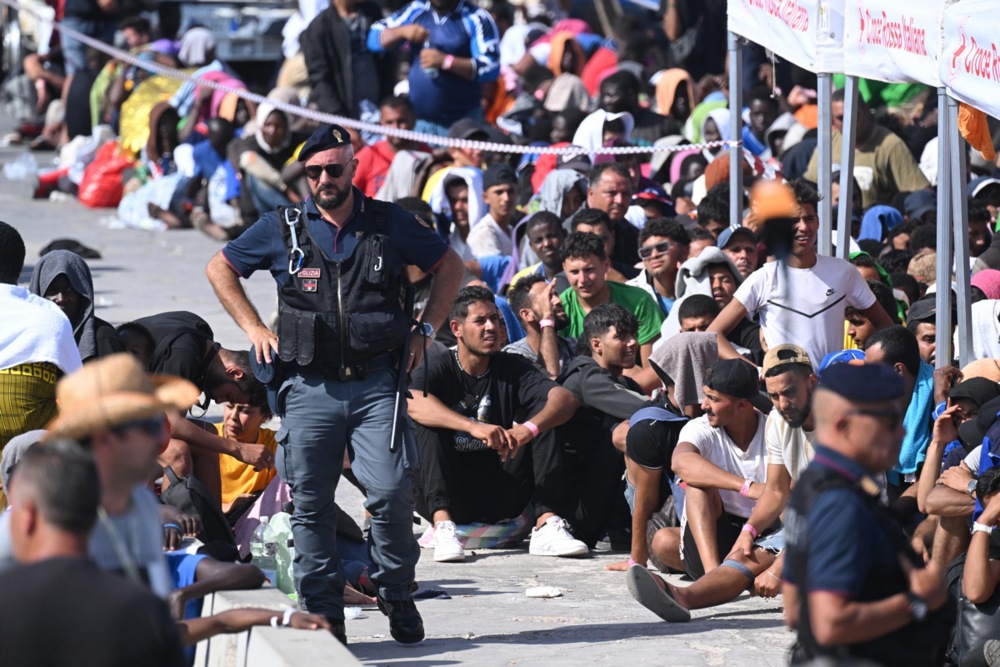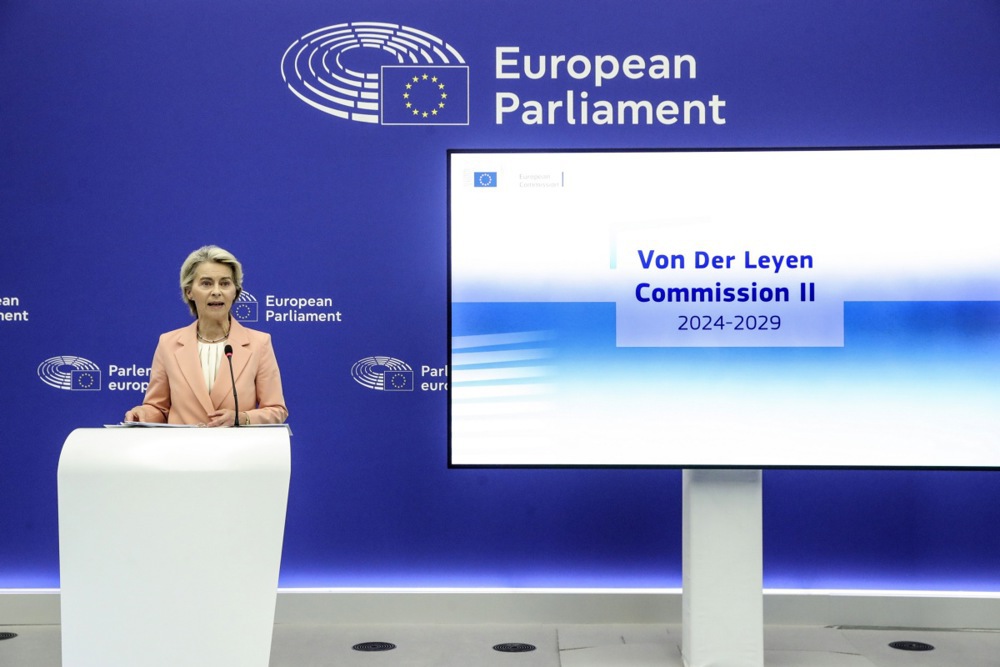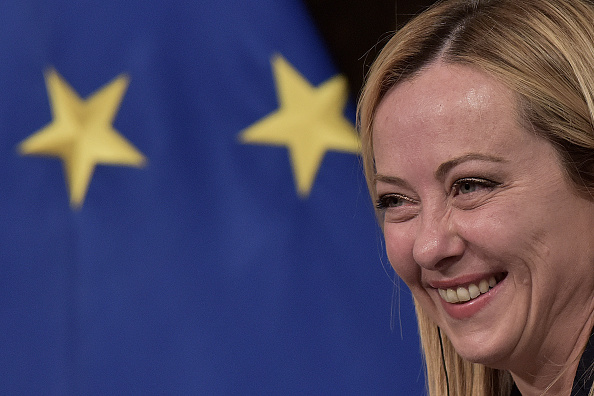Ahead of the upcoming European Council meeting on October 10-11, the Netherlands and Austria, backed by fifteen other Schengen area countries, have called on the European Commission to reform the bloc’s outdated migrant return policies.
In a joint so-called “non-paper“, an informal document addressed to the commission, the group urged immediate action to begin drafting new legislation to streamline the process of returning foreign nationals who do not have the right to stay in the EU.
The member states argue that the current return directive, adopted in 2008, is out-of-date and no longer efficient in addressing the EU’s immigration challenges.
“The new pact with its border procedures necessitates improving the efficiency of returns. Almost 20 years have passed since then and the situation has changed considerably. As a result, the current legal framework does not sufficiently reflect the needs of the member states to ensure effective removals,” they wrote.
The push for reform comes as EU countries face growing pressure to improve the efficiency of migrant returns under the new Pact on Migration and Asylum.
“There is a consensus among member states (MS) and Schengen-associated countries (SAC) on the need to facilitate and speed up returns through a new legal framework,” they remarked.
France’s new interior minister Bruno Retailleau has announced deportation flights to the Democratic Republic of the Congo, targeting illegal migrants in the French overseas island territory of Mayotte. https://t.co/X6oq5335nH
— Brussels Signal (@brusselssignal) October 3, 2024
The proposal outlines several key objectives to improve the effectiveness and efficiency of the EU’s migrant return process.
The two countries argue that those under a return order should face clearer obligations and duties, and non-cooperation with authorities should result in tangible consequences.
“Non-cooperation must have consequences and be sanctioned,” they said.
A crucial element of the proposal is the creation of a modern, flexible legal framework that reflects the current challenges faced by EU member states and Schengen associated countries. The Netherlands and Austria call for a more streamlined system that supports digitalisation and simplifies the procedures for returning migrants.
Another key priority is ensuring that member states have the legal authority to carry out returns effectively.
The proposal calls for new laws that eliminate the need for extensive interpretation by the European Court of Justice streamlining the legal process.
New figures released by Eurostat have shown that most non-European Union citizens ordered to leave the bloc have not done so. https://t.co/XRsvbNlW2l
— Brussels Signal (@brusselssignal) October 2, 2024





